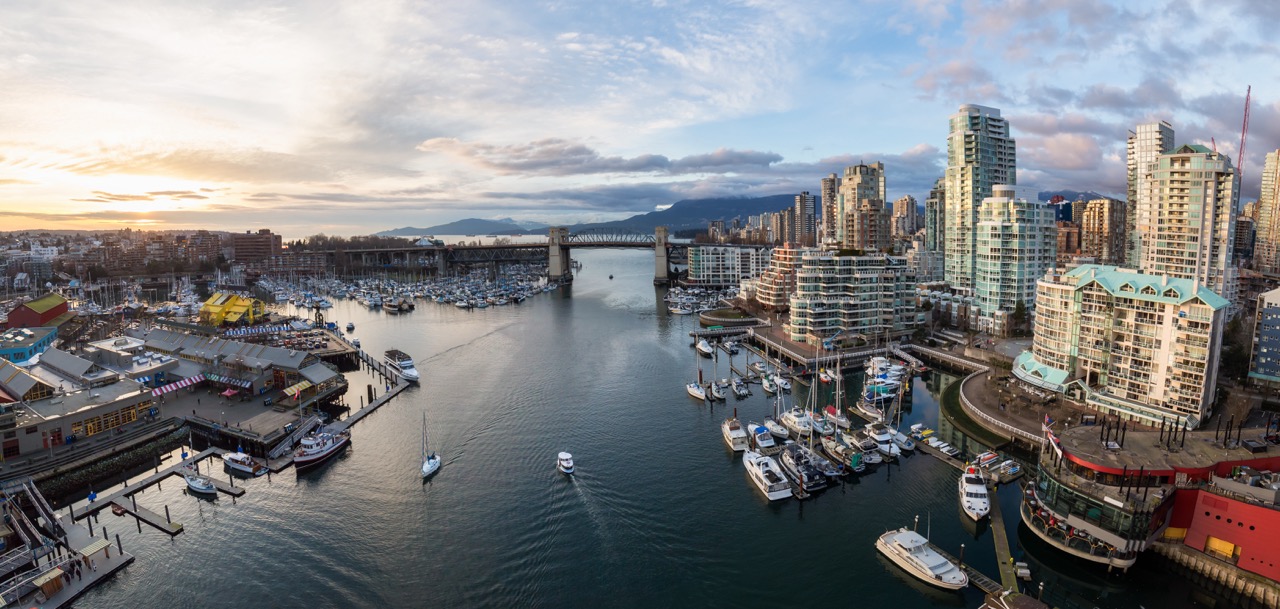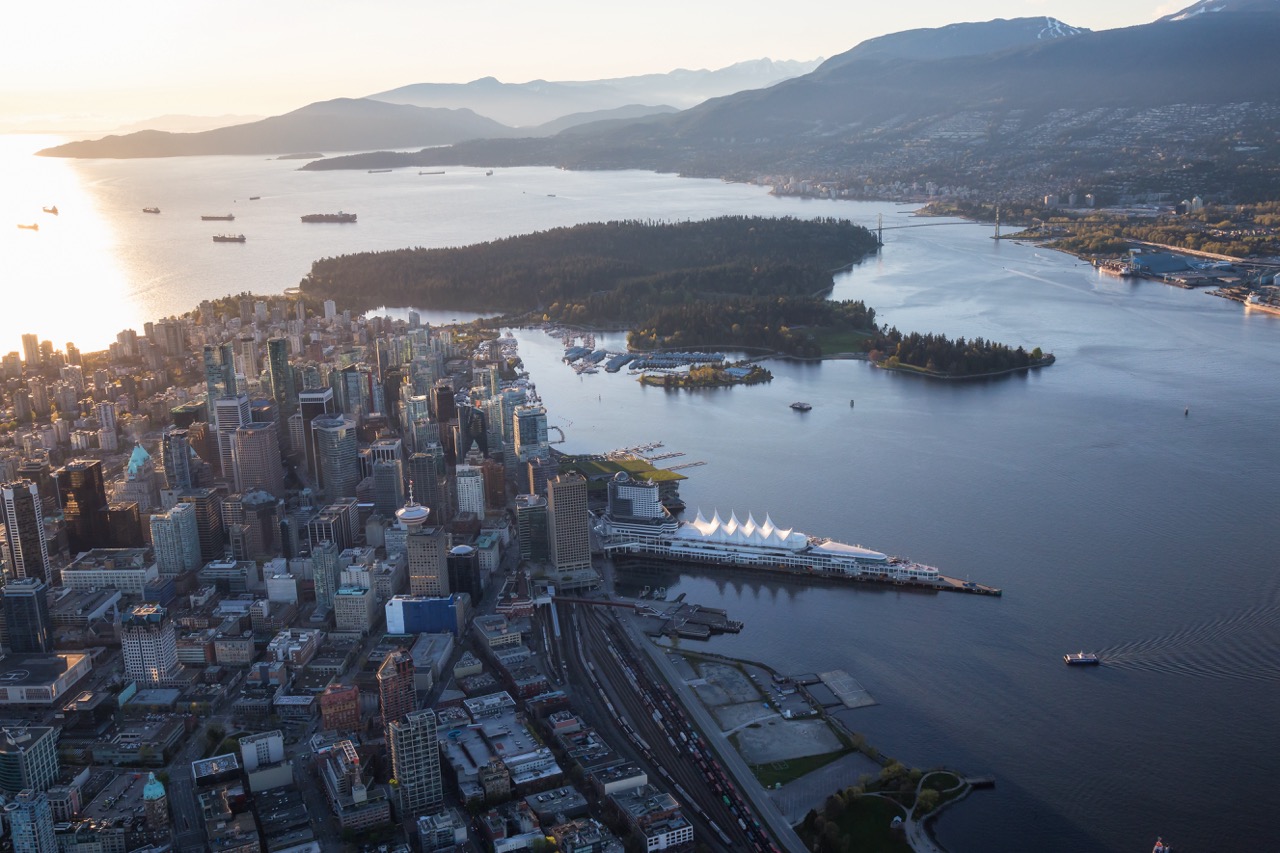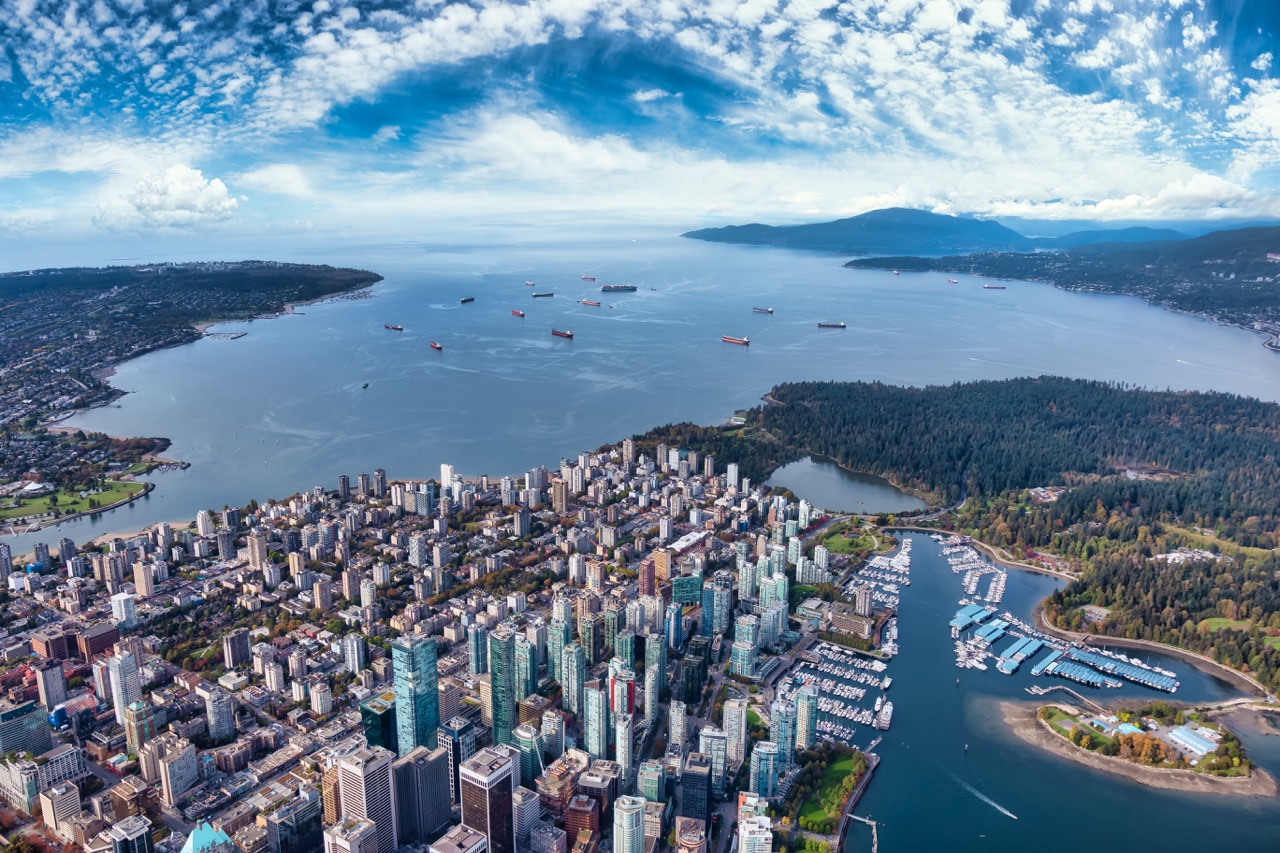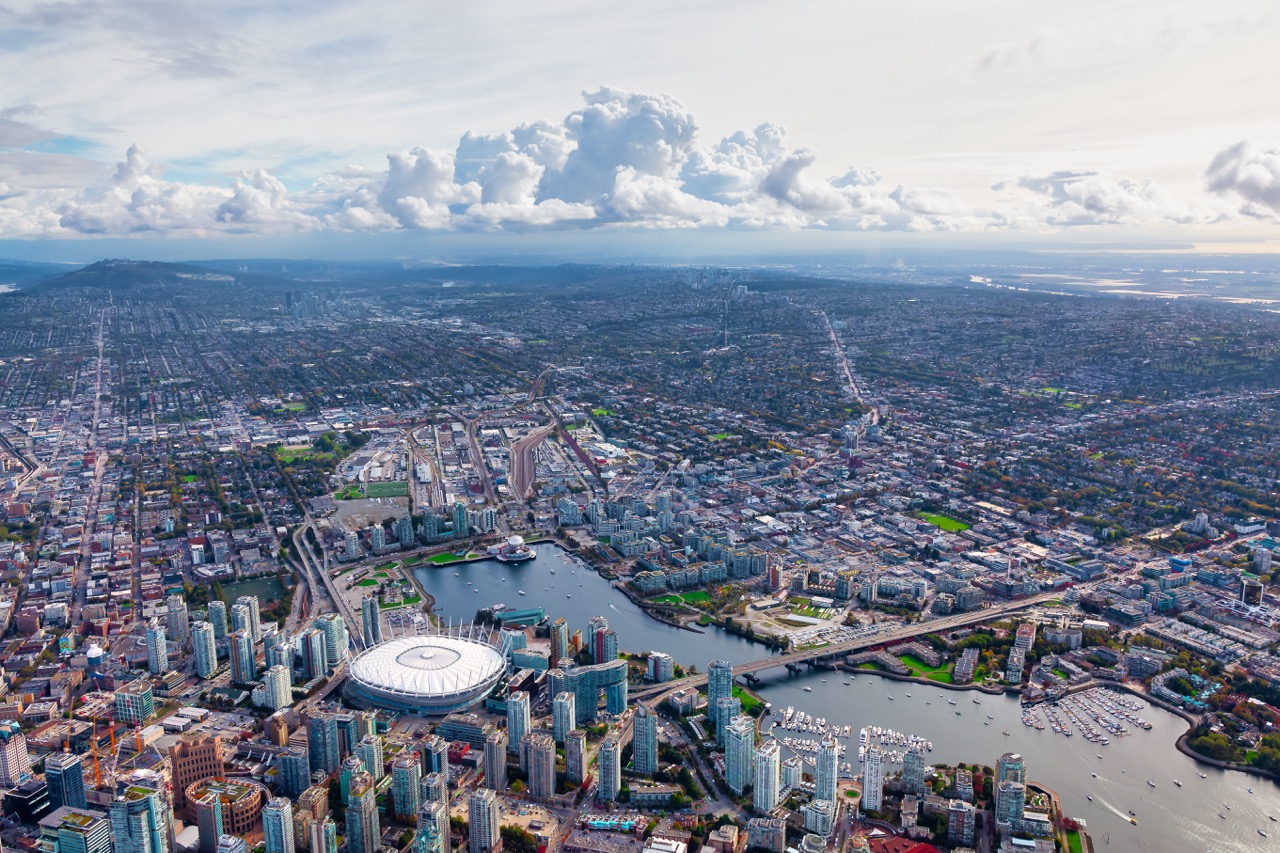British Columbia (BC) is a province known for its stunning landscapes, vibrant cities, and a rich cultural tapestry. Among the diverse aspects of life in BC, coffee culture stands out as a significant element that connects people from various backgrounds. The growth of coffee shops, the emergence of regional varieties, the influence of specialty coffee, and the push for sustainable practices all contribute to a unique coffee narrative that is distinctly British Columbian. This article will delve into the multifaceted coffee culture in BC, exploring its evolution and the challenges it faces.
The Growth of Coffee Shops in British Columbia’s Cities
In the past two decades, British Columbia has witnessed a remarkable proliferation of coffee shops, particularly in its urban centers like Vancouver, Victoria, and Kelowna. This boom can be attributed to a growing appreciation for artisanal coffee and a shift in consumer preferences towards quality over convenience. Many independent coffee houses have emerged, often emphasizing unique brewing methods, single-origin beans, and a cozy atmosphere. Chain coffee shops still hold a significant share of the market, but the rise of local establishments has invigorated the coffee scene in BC.
The competition among coffee shops has led to an emphasis on innovation, with many shops experimenting with distinct blends and brewing techniques. Cold brew, nitro coffee, and pour-over methods are becoming increasingly popular, and local roasters are often integral to the supply chain, enhancing the quality of offerings. Consequently, city residents now have access to a wider range of coffee experiences than ever before, fostering a culture of exploration and appreciation for the craft of coffee-making.
Furthermore, the growth of coffee shops has had a broader economic impact, contributing to job creation and tourism. Coffee festivals and events have sprouted up, celebrating local roasters and baristas, while also attracting visitors eager to explore BC’s rich coffee landscape. As these shops continue to flourish, they also highlight the importance of community connection through a shared passion for coffee.
Exploring Regional Varieties: Coffee from BC’s Farms
British Columbia is not only a hub for coffee consumption but also for coffee cultivation, albeit to a limited extent. While traditional coffee-growing regions lie in tropical climates, BC’s unique climate allows for some innovative attempts at coffee farming. Farms in the warmer microclimates of Vancouver Island and the Okanagan Valley are beginning to experiment with coffee cultivation, producing beans that reflect the region’s terroir. These small-scale coffee farms are gradually gaining recognition for their unique flavors and sustainable practices.
The emergence of local coffee farms allows for a greater appreciation of the "farm-to-cup" movement, where consumers can trace their coffee back to its source. This connection between growers and consumers is vital in an increasingly globalized coffee market, where many are seeking authenticity and transparency in their coffee consumption. Local roasters are increasingly showcasing these regional varieties, allowing coffee enthusiasts to explore the diverse flavors that BC-grown coffee can offer.
Moreover, the promotion of BC-grown coffee not only supports local farmers but also enhances the province’s agricultural diversity. This exploration into coffee cultivation can serve as a model for sustainable farming practices, combining innovation with environmental stewardship. As more consumers become aware of and interested in locally sourced coffee, the potential for BC’s coffee farms to thrive increases, fostering a deeper connection between the land and its people.
The Role of Specialty Coffee in Local Communities
Specialty coffee has played an essential role in shaping the coffee culture in British Columbia. This segment of the industry focuses on high-quality beans that are grown, harvested, and processed with meticulous care, often resulting in unique flavor profiles. Specialty coffee shops are not only places to enjoy a well-crafted beverage; they serve as educational spaces where customers can learn about the origins of their coffee and the nuances of brewing techniques. Through workshops and tastings, these establishments foster a sense of community among coffee lovers.
Moreover, specialty coffee shops often prioritize relationships with farmers and producers, promoting direct trade practices that benefit the growers. This supports economic sustainability and encourages ethical sourcing, aligning with the values of many consumers in BC. The emphasis on quality and ethical considerations resonates with a demographic increasingly conscious of their consumption habits, creating a loyal customer base willing to pay a premium for a superior product.
In addition to providing a quality coffee experience, specialty coffee shops often engage in local initiatives and community events. From hosting art shows to supporting local charities, these spaces serve as hubs for social interaction and community-building. This interconnectedness fosters a sense of belonging among patrons, making coffee shops not just places to grab a caffeine fix but integral parts of the local culture and economy.
Sustainable Practices: Eco-Conscious Coffee in BC
The focus on sustainability is a defining characteristic of coffee culture in British Columbia. With an increasing awareness of environmental issues, many coffee shops and roasters are adopting eco-conscious practices to minimize their carbon footprint. Initiatives such as using biodegradable cups, implementing recycling programs, and sourcing beans from farms that practice sustainable agriculture are becoming the norm rather than the exception. This commitment to sustainability resonates with BC residents who prioritize environmental stewardship in their daily lives.
Furthermore, many coffee producers are exploring innovative practices, such as regenerative agriculture, composting, and water conservation, to enhance the sustainability of their operations. By prioritizing these methods, they not only contribute to a healthier planet but also produce coffee with distinct flavors that reflect sustainable farming methods. This alignment with environmental values is appealing to consumers who seek products that are not only good for their palate but also good for the planet.
The integration of sustainability into the coffee culture in BC has also inspired a new generation of entrepreneurs. Many start-ups are focusing on eco-friendly packaging and innovative brewing methods that reduce waste. As awareness of climate change and sustainability grows, it is likely that the coffee industry in BC will continue to evolve and lead the way in adopting practices that champion environmental responsibility.
Social Spaces: Coffee Shops as Community Hubs
Coffee shops in British Columbia have transformed into vital social spaces that foster community engagement and connection. These establishments offer more than just coffee; they provide individuals with a welcoming environment to gather, work, and socialize. Many shops are designed with communal seating, comfortable spaces, and free Wi-Fi, encouraging patrons to linger longer and connect with one another. This open atmosphere has made coffee shops an attractive alternative to traditional office spaces for freelancers and remote workers.
In addition to serving as workspaces, coffee shops often host events such as open mic nights, book clubs, and art exhibitions, further solidifying their role as community hubs. These events not only bring people together but also provide local artists and creators with a platform to showcase their talents. As a result, coffee shops have become important venues for creative expression and cultural exchange, enriching the local community in profound ways.
Moreover, the social nature of coffee consumption fosters a sense of belonging among patrons. Regular customers often develop relationships with baristas and fellow coffee drinkers, creating a familiar and welcoming environment. This sense of community is particularly valuable in larger urban centers where individuals may seek connection amidst the hustle and bustle of city life. Ultimately, coffee shops in BC serve as microcosms of community life, reflecting the values and dynamics of the neighborhoods they inhabit.
Challenges Facing the Coffee Industry in British Columbia
Despite the thriving coffee culture in British Columbia, the industry faces several challenges that could impact its future. One significant hurdle is the ongoing rise in operational costs, including rent and labor. As urban centers continue to grow, coffee shop owners find themselves grappling with increasing expenses that can strain profit margins. This financial pressure can lead to fewer independent shops and a reliance on larger chains, potentially diminishing the unique character of BC’s coffee scene.
Another challenge is the fluctuating prices of coffee beans on the global market, which can directly impact local roasters and shops. Factors such as climate change, political instability in coffee-producing regions, and changing consumer preferences can contribute to volatility in pricing. This unpredictability makes it difficult for local businesses to plan their budgets and maintain consistent pricing for consumers, ultimately affecting their competitiveness in the market.
Lastly, as the coffee industry continues to grow in British Columbia, there may be concerns about over-saturation in certain areas, leading to fierce competition among coffee shops. While competition can drive innovation and quality, it can also make it difficult for smaller, independent shops to survive alongside larger chains with more resources. Balancing growth with sustainability, community engagement, and quality will be essential for the future of the coffee culture in BC.
In conclusion, the coffee culture in British Columbia is a vibrant and evolving tapestry, enriched by the growth of coffee shops, the exploration of regional varieties, and the commitment to sustainability. As specialty coffee continues to play a pivotal role in local communities, coffee shops have emerged as essential social hubs that foster connection and creativity. However, the industry faces challenges that require careful navigation to ensure its continued success. By prioritizing quality, sustainability, and community engagement, the coffee culture in BC has the potential to thrive while remaining an integral part of the province’s identity.





